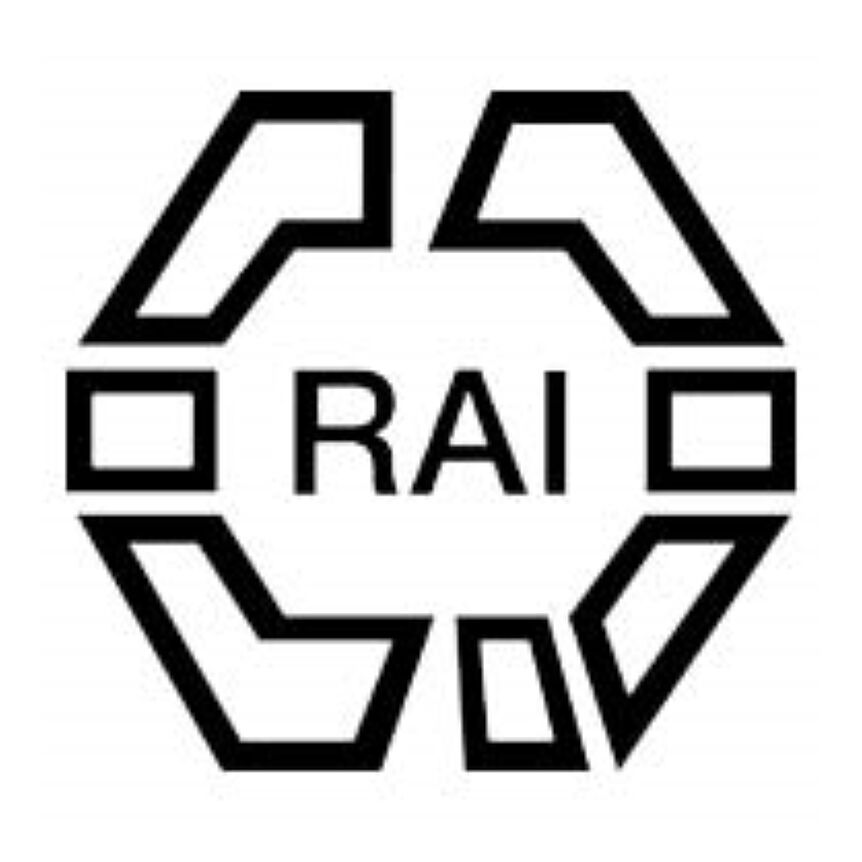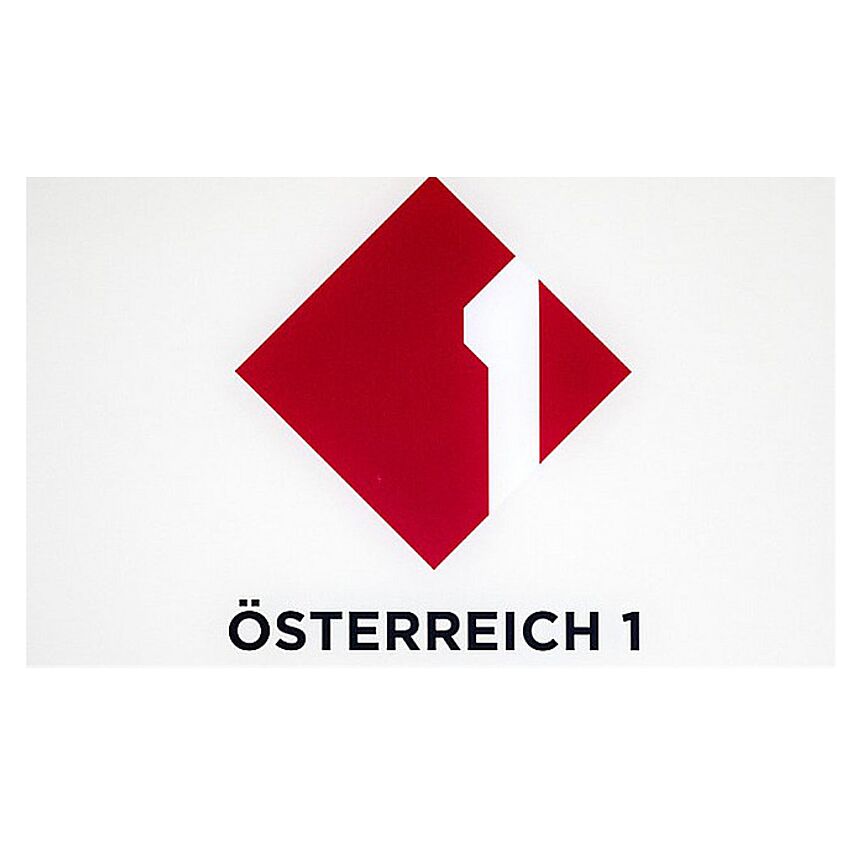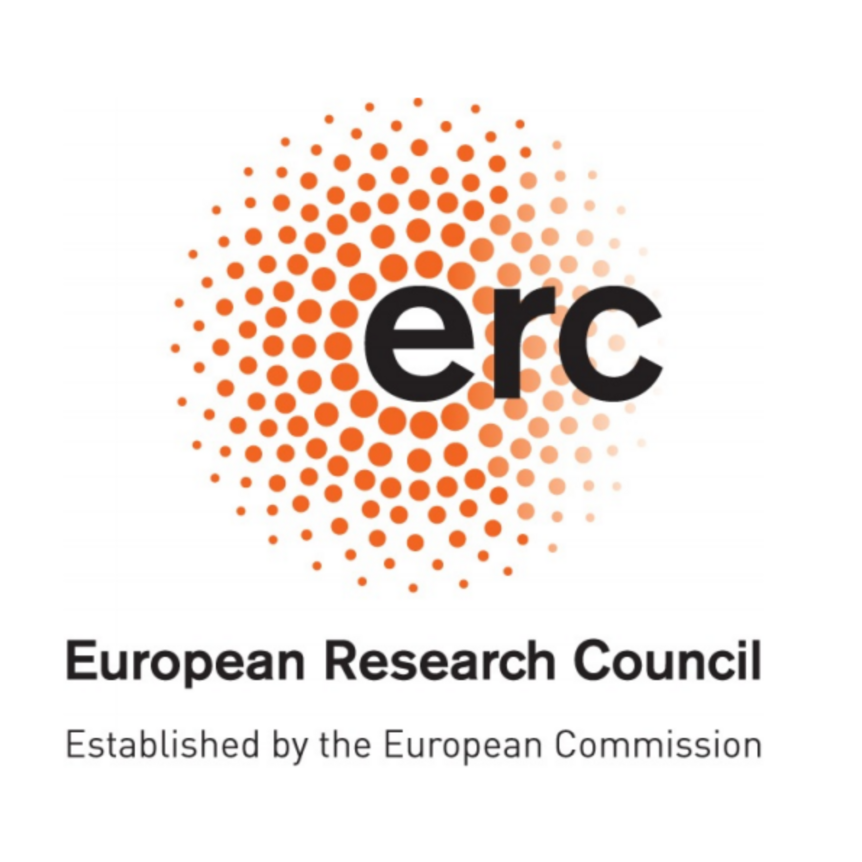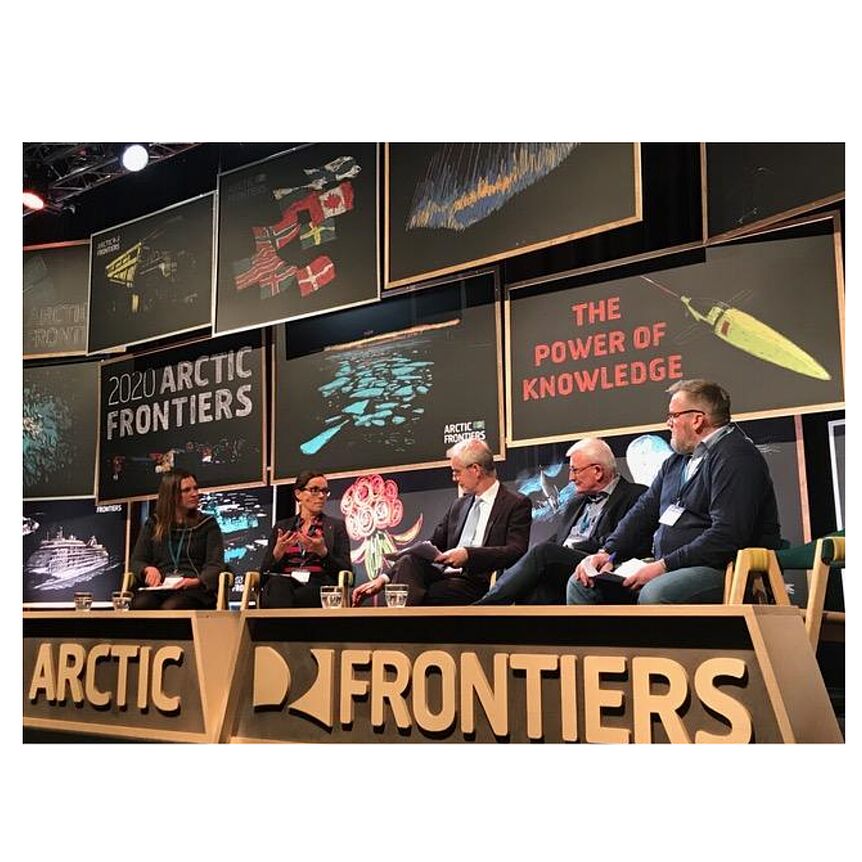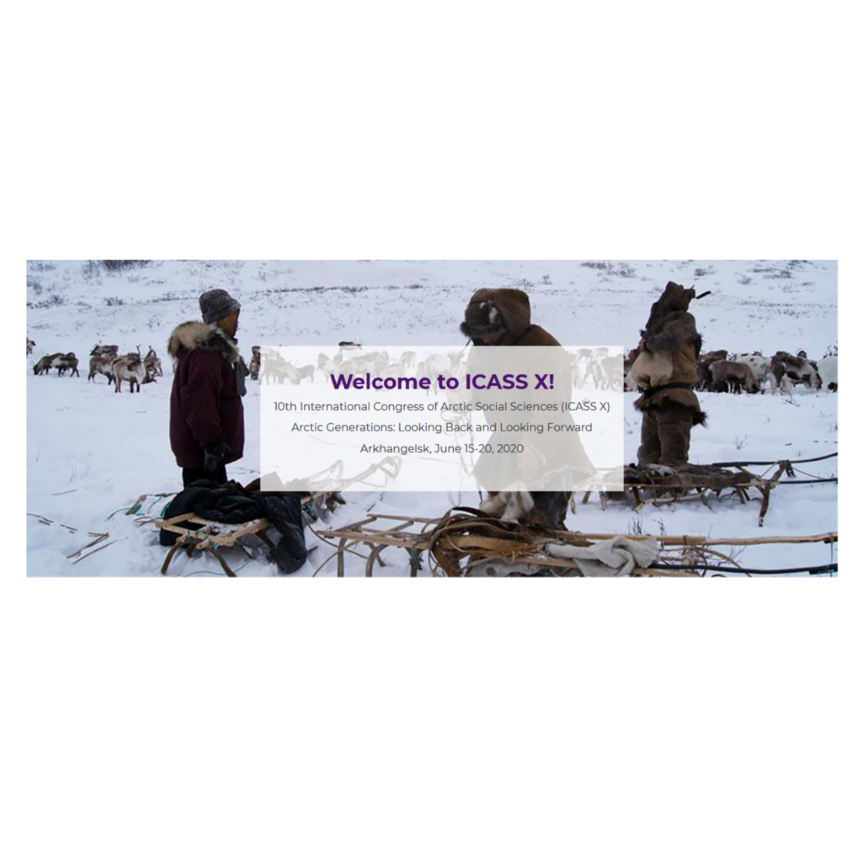Configurations of “remoteness” (CoRe) - Entanglements of Humans and Transportation Infrastructure in the Baykal-Amur Mainline (BAM) Region
The Arctic and Subarctic have gained a surprising amount of attention in recent years. What used to be the ‘remote’ backwaters of global economic and political currents has morphed into a new frontier of geopolitics, resource extraction, and developmental designs. New transportation infrastructure often plays a critical role in these transformations. But its effects – accessibility, the shrinking of social and physical distance, the increased speed of connection – are not uncontested. On the one hand, those for whom ‘remoteness’ has been an asset, are often among the opponents of such developments. New transportation infrastructures are often not built to make the lives of local residents easier but to move cargo from point A to point B. Thus, there are ‘winners’ and ‘losers’ of such infrastructural developments.
Our key research question, therefore, is: Given the technosocial entanglement of people and infrastructure, how do changes in remote transportation systems affect human sociality and mobility?
CoRe is located in North Asia, at the junction of eastern Siberia and the Russian Far East. We call the area the BAM region because it is defined by the Baykal-Amur Mainline (BAM) railroad and its sidetracks. In that region there are pockets with a long history of industrial development and resource extraction, while many parts of the area have been little affected by Soviet and post-Soviet modernization efforts. Current attempts to revitalize, improve and extend the railway Network serve as the backdrop for our project.













